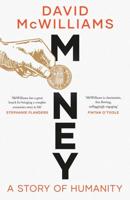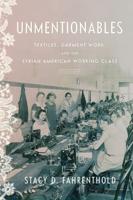Publisher's Synopsis
This is the first detailed analysis of English barristers and the Inns of Court in the period 1680-1730. The four Inns of Court have constituted the principal institutional home of common lawyers since medieval times, and by the early modern period were regarded as a `third university'. Barristers were the pre-eminent professional men of Augustan England. In parliament, they played a disproportionate role in the business of the Commons. David Lemmings traces the history of the Inns and the barristers during an important period of transition. He shows how the Inns declined from their former splendour during the later seventeenth century until, by the reign of George II, they were principally dormitories and offices for a mass of non-lawyers, and comfortable dining clubs for a minority of their members. At the same time, the number of practising barristers fell. Together these changes represented an invigorating purge which re-structured the legal profession. The processes of professionalization among different occupational groups are of increasing historical interest. Gentlemen and Barristers is an original and thorough analysis of a major profession at a significant stage of its development. Dr Lemmings breaks new ground in his use of contemporary material, including the archives of the Inns of Court. His eleven appendices, detailing the business and finances of the barristers, will prove an invaluable reference tool. The history of the Inns and the barristers necessarily touches upon many aspects of life in this period, including commerce, high politics, and elite culture. This story offers a fresh perspective on England under the last Stuarts and first Hanoverians.










